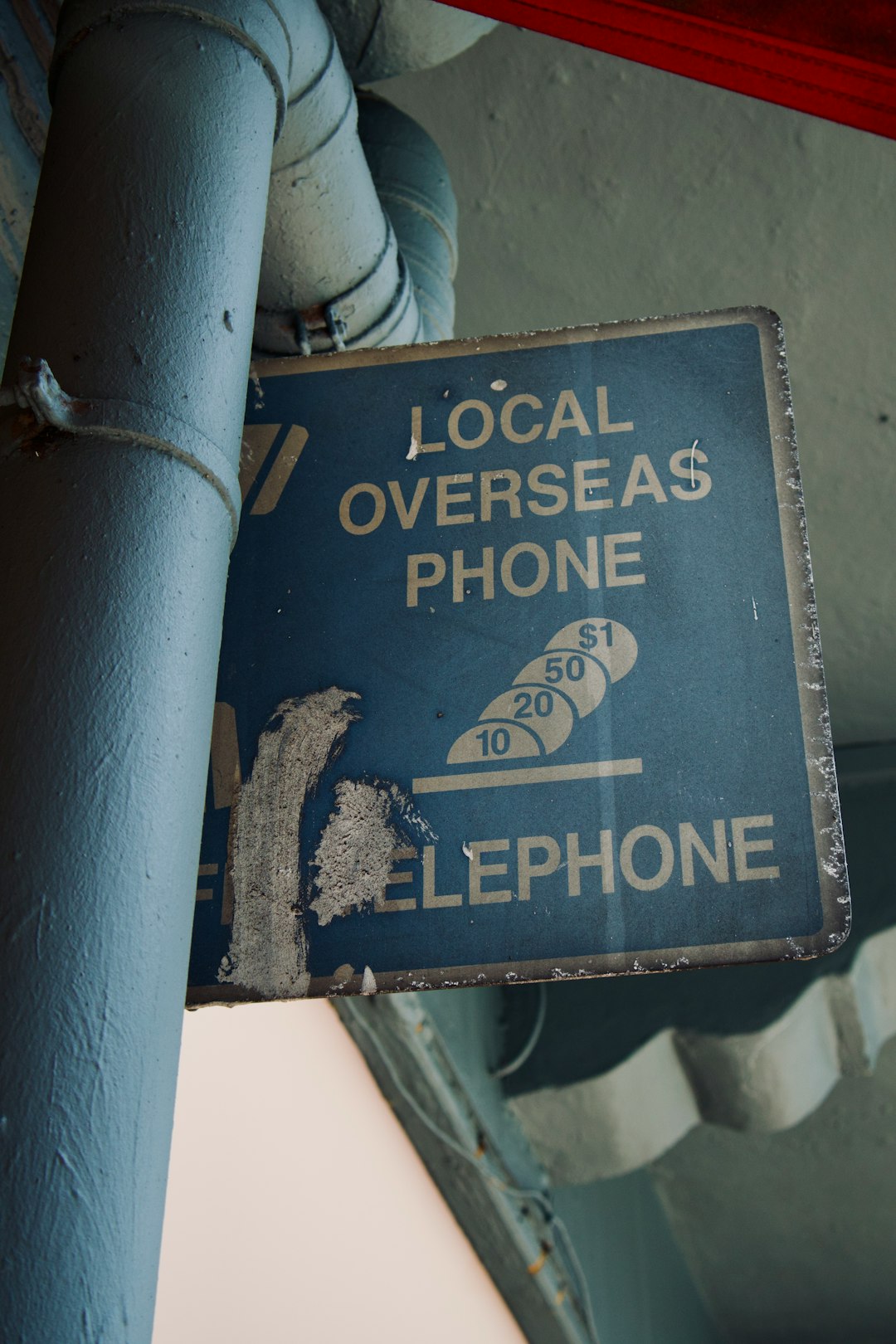Oklahoma's robust regulatory framework, including the Oklahoma Debt Collection Act and Fair Debt Collection Practices Act (FDCPA), protects consumers from unfair debt collection practices while enabling fair, transparent interactions between collectors and debtors, ensuring a balanced and legally compliant debt recovery process for all Oklahomans.
In Oklahoma, understanding the complex web of debt collection laws is crucial for both debtors and creditors. This article delves into the legal framework surrounding debt collectors in the state, focusing on rights and protections for debtors. We explore Oklahoma’s debt collector regulations, ensuring compliance and fairness. By examining these key aspects, individuals can navigate the process with confidence, knowing their rights and the boundaries set by the law, especially when faced with legal actions from collection agencies.
Understanding Debt Collection Laws in Oklahoma

In Oklahoma, both state and federal laws regulate debt collection practices to protect consumers from unfair or abusive tactics. Understanding these regulations is crucial for both debt collectors and individuals being pursued for repayment. The Oklahoma Debt Collection Act outlines specific rules that debt collectors must adhere to, including restrictions on the frequency of contact, the disclosure of information about the debt, and the use of intimidation or harassment during collection efforts.
These laws aim to ensure transparency and fairness in debt collection processes. Additionally, federal laws like the Fair Debt Collection Practices Act (FDCPA) also apply, providing consumers with further safeguards against abusive practices. Knowledge of these legal frameworks empowers both parties to navigate debt collection interactions with clarity and confidence, ensuring that rights are respected throughout the process.
Legal Actions: Rights and Protections for Debtors

In Oklahoma, debt collectors must adhere to specific rules and regulations set forth by the state’s debt collection laws. These laws protect debtors from aggressive or unfair practices and ensure transparency throughout the collection process. One key protection is the requirement for debt collectors to provide written notice to debtors, outlining the amount owed, the name of the creditor, and the legal rights of the debtor. This gives individuals the chance to dispute the debt or request validation, ensuring they are indeed responsible for the payment.
Additionally, Oklahoma law limits the number of times a debt collector can contact a debtor, sets restrictions on certain collection practices (like threatening or using abusive language), and requires collectors to cease contacting a person once they determine that the debt is invalid. These protections empower Oklahomans to stand up for their rights as debtors, ensuring a more fair and balanced debt collection process.
Navigating Oklahoma's Debt Collector Regulations

Navigating Oklahoma’s complex landscape of debt collector regulations is essential for both agencies and consumers alike. The state has established specific laws to protect individuals from aggressive or unfair collection practices, ensuring a balanced approach to debt recovery. These regulations govern various aspects, including how and when collectors can contact debtors, the disclosure of information, and the overall conduct during the collection process.
Understanding these laws is crucial for debt collection agencies operating in Oklahoma. They must adhere to strict guidelines to maintain legal compliance, ensuring their practices are transparent and fair. Consumers, too, should be aware of their rights under these laws, empowering them to take action if they feel their rights have been violated during the debt collection process.






